A Comprehensive Guide to Cleaning a Duvet
First Look
Duvets are a pleasant and necessary component of our sleeping sanctuary, providing warmth and comfort. However, they gather dirt, dust, and allergies with time, making frequent cleaning essential for a healthy sleeping environment.
Be careful, and be sure to take good care of your duvet.
Be cautious, and make sure to look after your duvet.
- You must think about the dangers the duvet poses before cleaning it. Too much washing will make the seams and pinholes loose, which will eventually lead to severe down escaping from the duvet.
- When the "Down Proof Fabric" coating on the outer shell of some duvets wears off after washing, the goose down may start to protrude through the fabric's creases. Duvets made of this unique fabric are typically labeled "dry cleaning" and "no washing."
- Because down is made up of hundreds of proteins and is extremely sensitive to temperature and chemicals, improper detergent and temperature will harm the structure and functionality of down. Before washing down, make sure to carefully read the detergent's label for any indication of rust in the sexual material.
Therefore, I advise washing the duvet using the "hand washing pre-cleaning + washing machine washing" approach. To pre-clean the stained area, first use a mild, neutral detergent and a toothbrush. Then, place the item in the washing machine and use the gentle mode to set the water temperature at 40 °C to 50 °C. Continue rinsing for around 30 minutes.

Why is it necessary to wash your duvet?
Regularly washing your duvet not only keeps it clean, but it also increases its longevity. Clean duvets create a cleaner and more pleasant sleeping environment, which benefits your health and overall well-being.
Examining the care label
Before you begin washing your duvet, carefully read the care label that came with it. Cleaning recommendations for various fabrics and fillings must be followed to avoid harming the duvet.
Preparation prior to washing
Check for rips, tears, and loose threads in your duvet. Close any buttons, zippers, or fasteners to avoid them becoming entangled or damaged during washing.
Duvet machine washing

Choosing the Best Detergent
To prevent harsh chemicals that could irritate your skin or create allergies, use a light, hypoallergenic detergent. Avoid using too much detergent, as extra soap residue might be difficult to remove.
Water Temperature and Load Balance
To balance the load, put your duvet in the washing machine with a couple towels. To avoid shrinking or harming the filling, use cold water or follow the temperature advice on the care label.
Selecting an Appropriate Cycle
To avoid additional stress on the duvet fabric and filling, choose a mild cycle, such as the delicate or bedding cycle. Avoid cycles with high agitation because they might cause clumping or damage.

How to Dry Your Duvet
Gentle Tumble Drying
Place your duvet in a large-capacity dryer to ensure equal drying. To avoid overheating or melting the filler, use the lowest heat setting feasible. Periodically pause the dryer to fluff and redistribute the stuffing.
Making Use of Dryer Balls
Clean tennis balls or dryer balls can be added to the dryer to help break up clumps and retain the loftiness of the duvet. These balls also help to ensure equal drying and keep the contents from settling in one spot.

Machine-Washing Alternatives
Hand Cleaning
Consider hand-washing delicate or vintage duvets in a bathtub or large basin. To clean the duvet, use cold water and a moderate detergent, gently agitating the water. Before drying, thoroughly rinse and press away any excess water.
Cleaning Services
If your duvet is composed of difficult-to-clean materials or is too large for your washing machine, consider professional cleaning. Look for a reliable cleaner who has handled bedding before.
Keeping Your Duvet Fresh
Fluff and shake your duvet on a regular basis to prevent clumping and keep it lofty. Invest in duvet covers to add a layer of protection against dirt and stains and make future washing easier.
Common Errors to Avoid
Bleach and aggressive chemicals should be avoided, as they can harm the fabric and filling of the duvet. Furthermore, avoid wringing or twisting the duvet while washing or drying, as this might create deformation.
Finally,
A clean, well-maintained duvet promotes a better sleeping environment and extends the life of your bedding investment. You can effectively wash your duvet while retaining its quality and comfort by following these tips.
FAQs
Q1: Can I wash my duvet in a front-loading washer?
Yes, you can wash your duvet in a top-loading machine if it's large enough to suit the size and fill of the duvet. Follow the load balance and washing instructions exactly.
Q2: Can I use fabric softener in the washing machine?
Fabric softeners should be avoided since they can leave a residue that reduces the absorbency and breathability of the duvet. When cleaning, use a gentle detergent.
Q3: How frequently should I launder my duvet?
The frequency of washing is determined by factors such as personal desire, allergies, and climate. The basic advice is every 6 to 12 months, but check the state of your duvet to determine the ideal timing.
Q4: Can I dry my duvet without using a dryer?
While air-drying is an option, it may take longer and result in clumping if not properly fluffed. If you choose to air-dry your clothes, make sure they are in a well-ventilated area.
Q5: Does spot cleaning work on duvets?
Spot cleaning can be effective for tiny stains, but it is critical to remove stains as soon as possible to prevent them from settling. Regular washing is advised for overall cleaning.

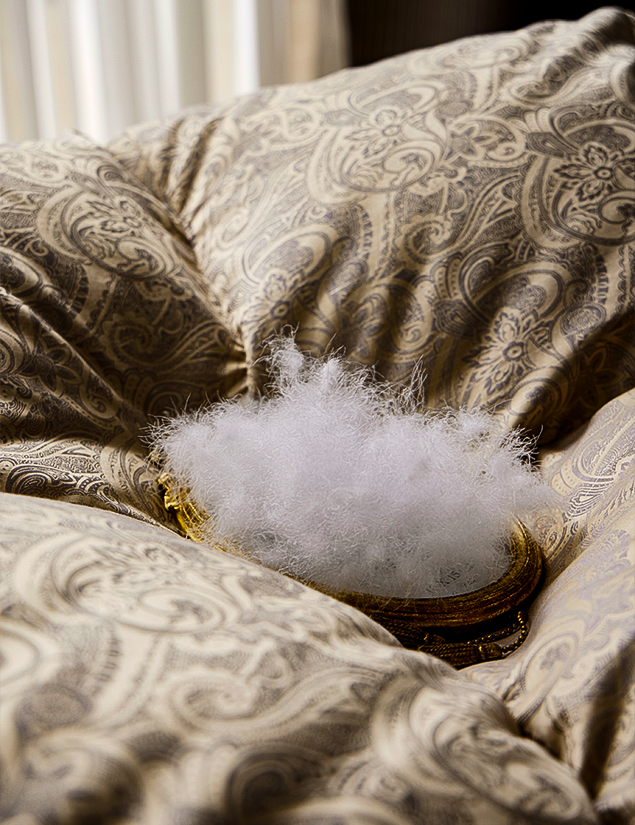





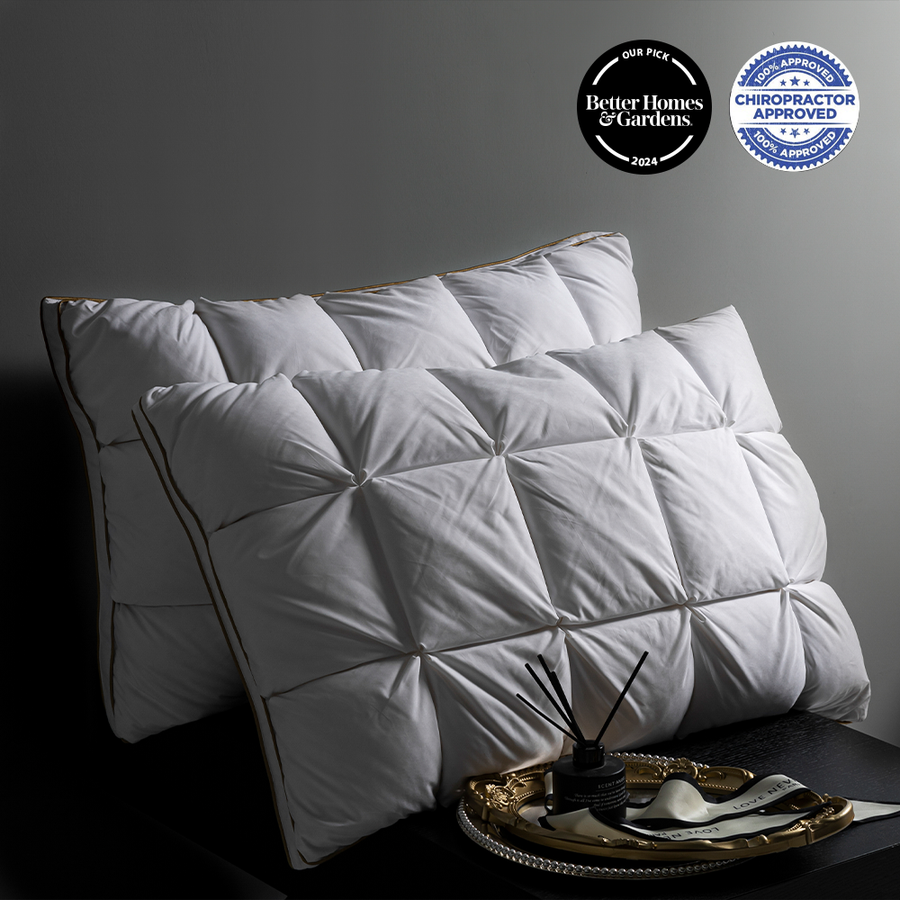

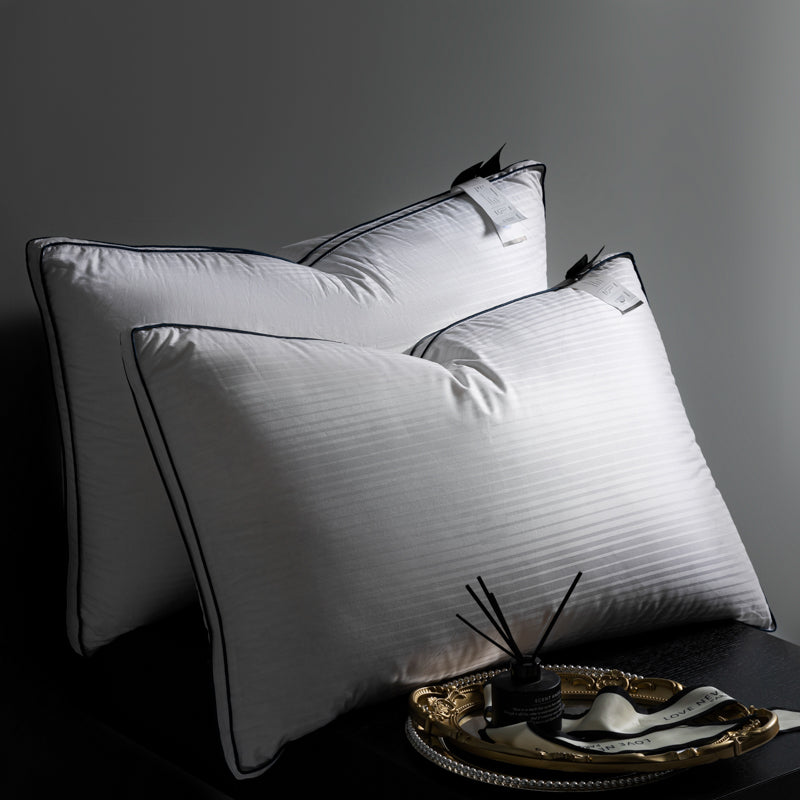
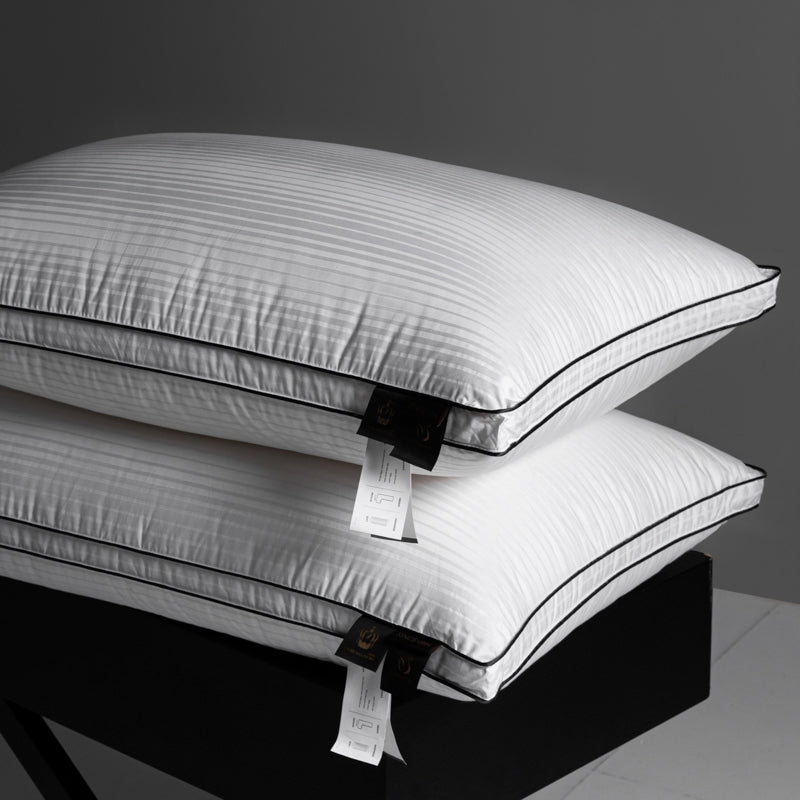
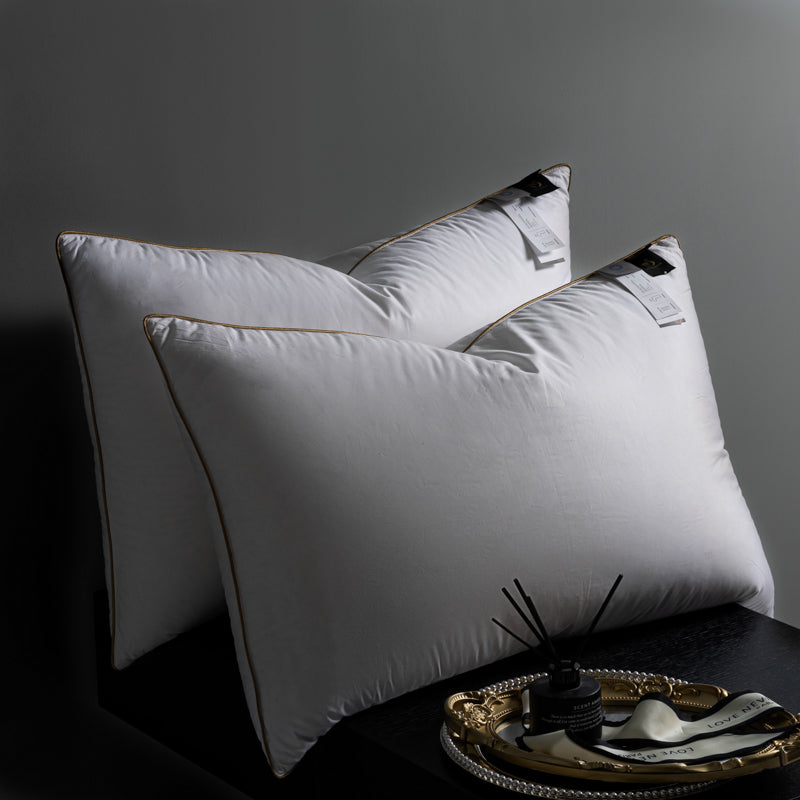
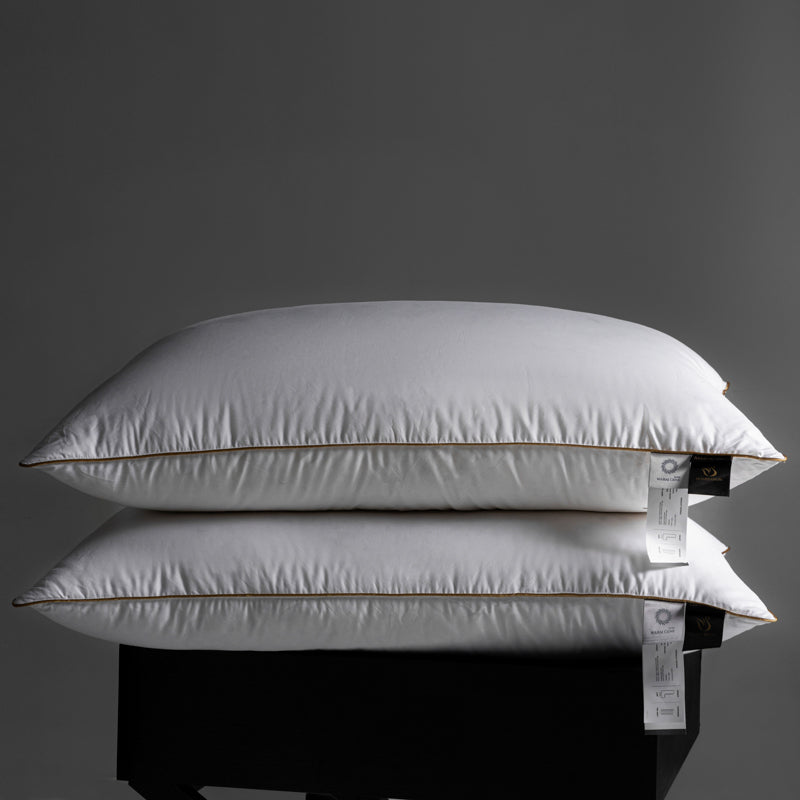
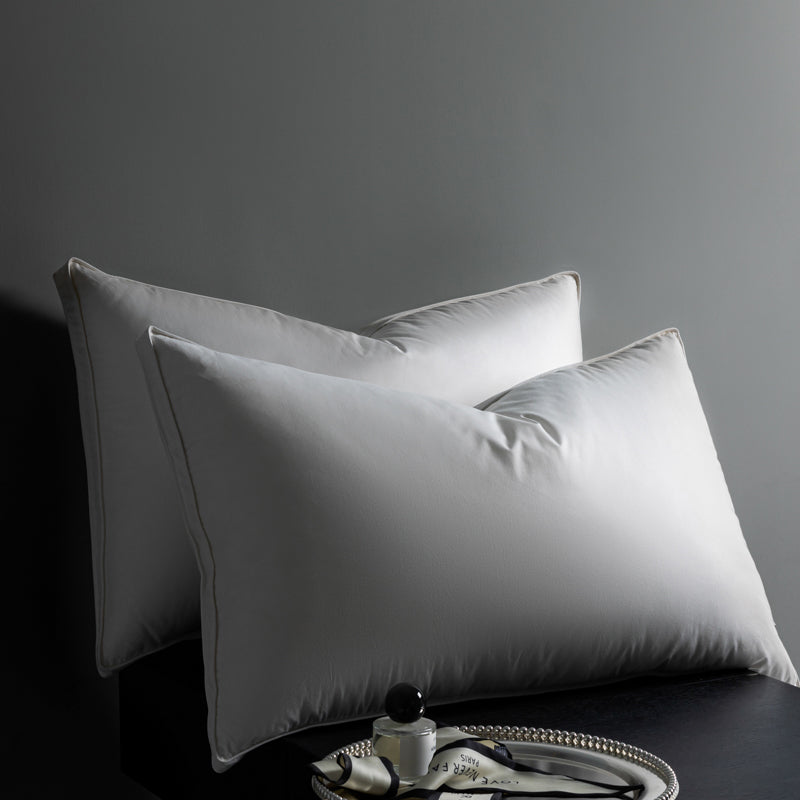
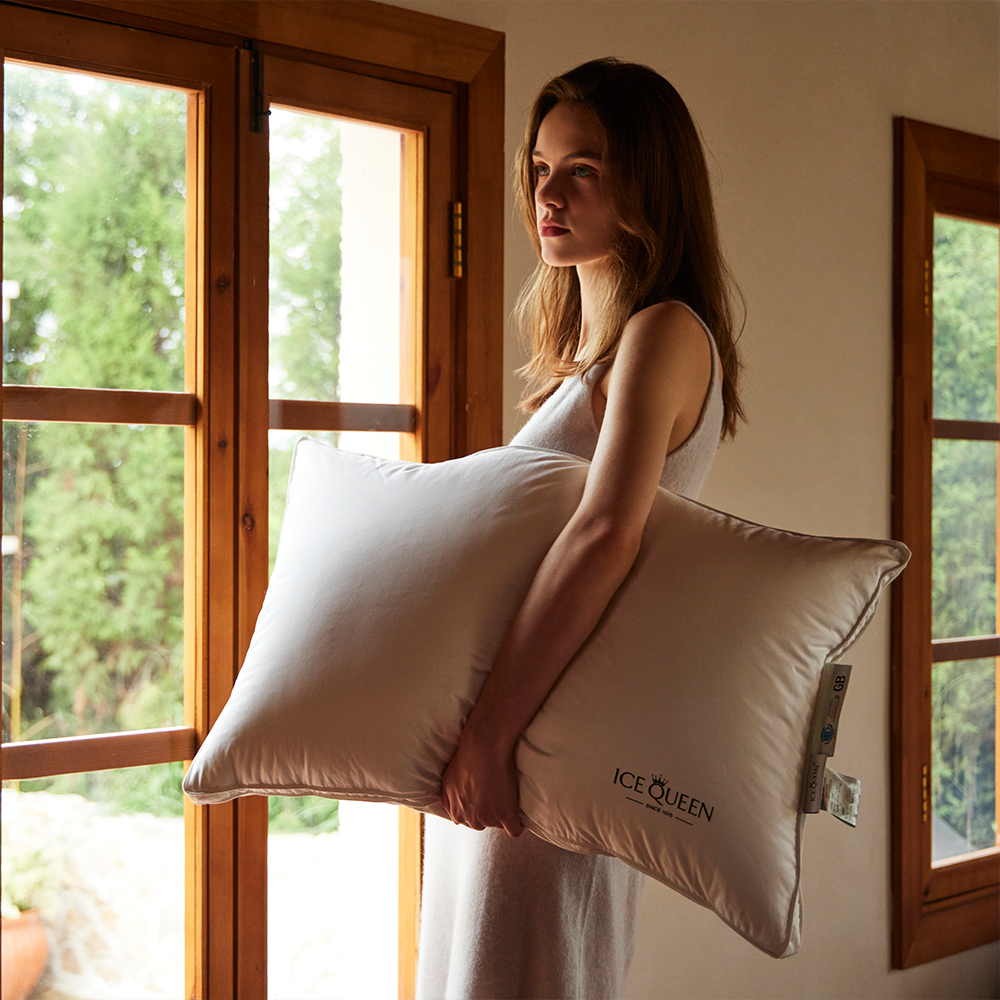
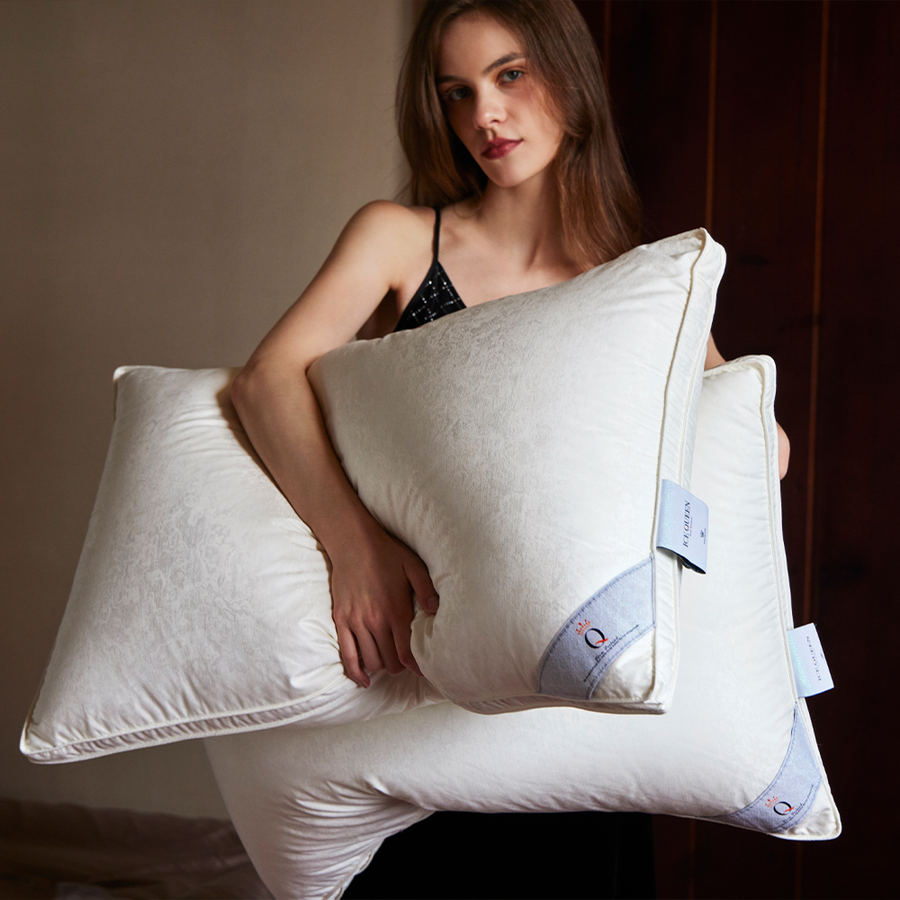
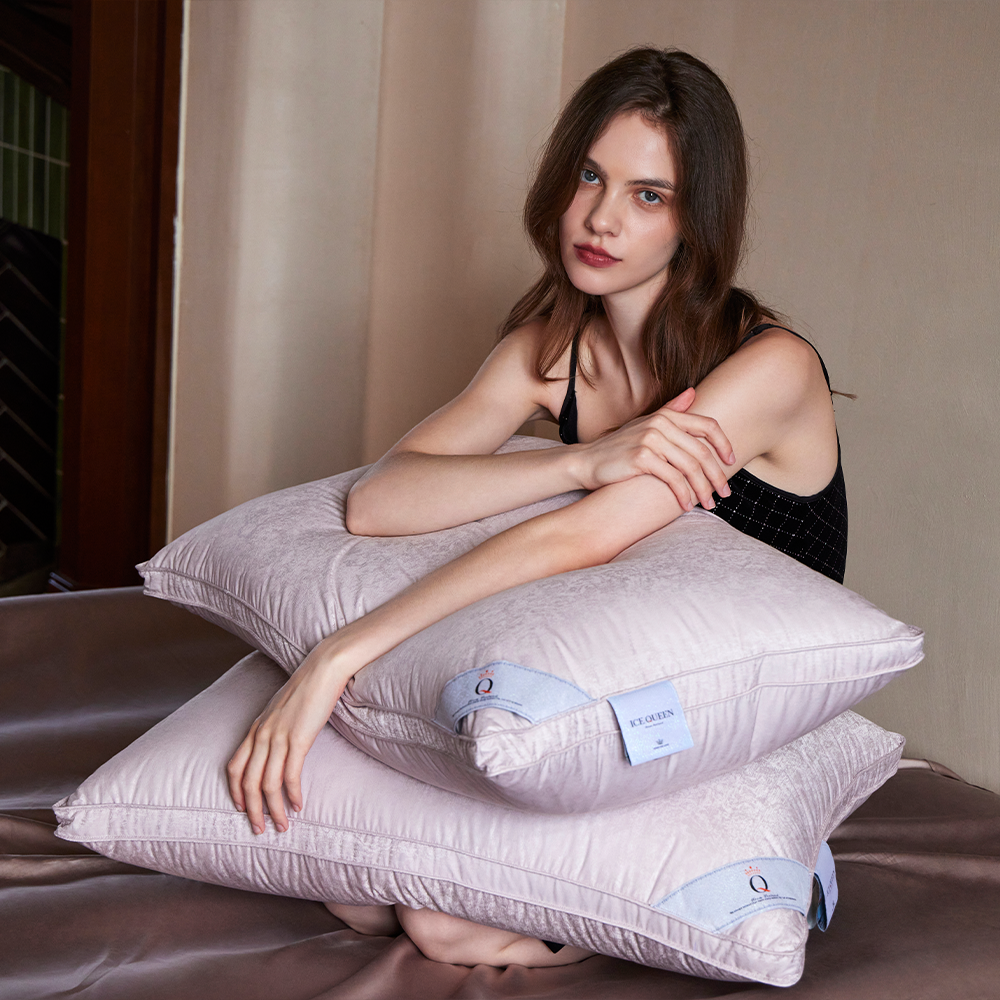
AtiqmLyEva
bonNlYJFZVKjOXEw
iHfebYVtB
aXHiGlZKNScC
vGnguUbx
Leave a comment